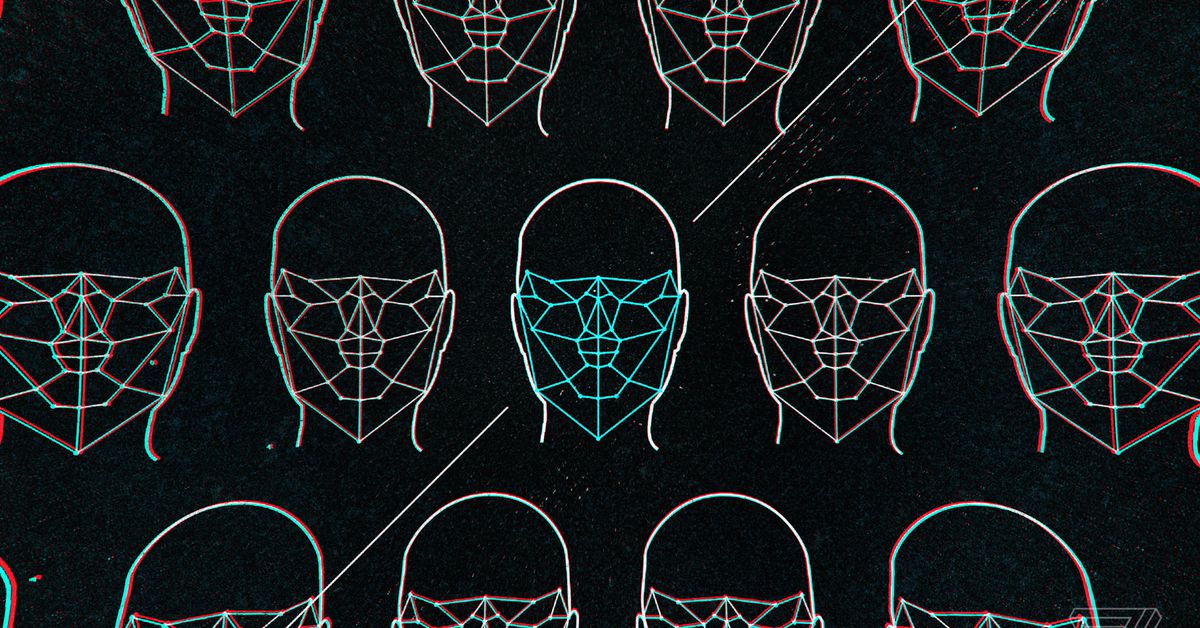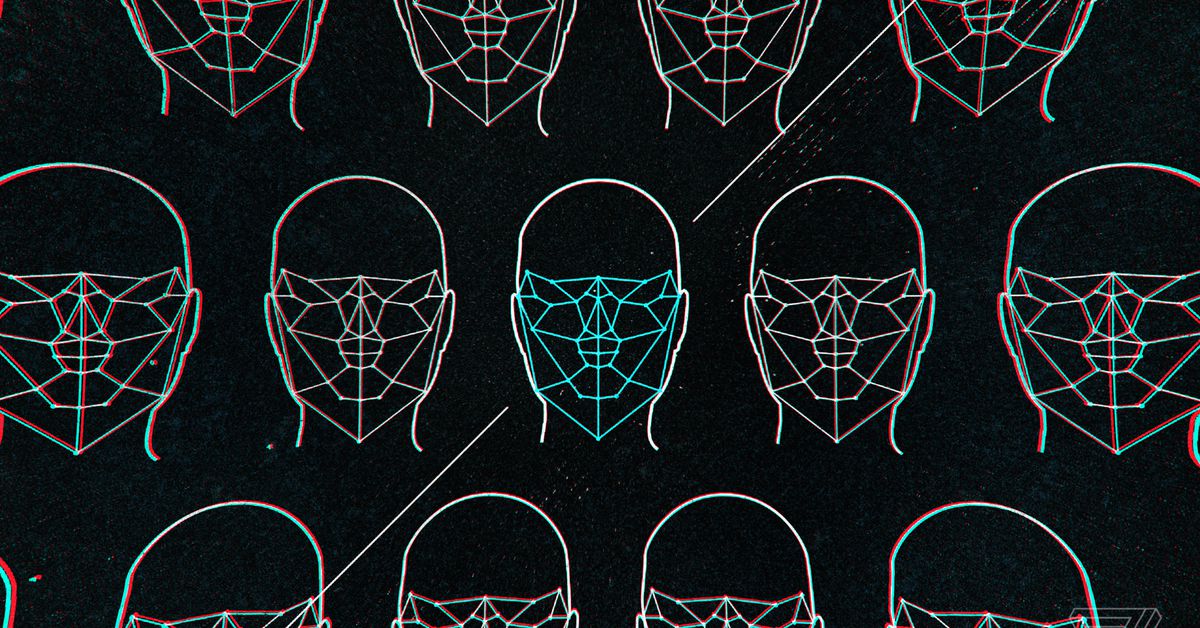
The facial recognition program used by nearly two dozen US states to to verify people seeking unemployment benefits is working inconsistently, leading to many people being denied benefits or having their applications put on hold, Motherboard reported.
The identity verification service ID.me is intended to help reduce unemployment fraud, and uses biometric data and official documents to verify people. But according to Motherboard, some who have applied for unemployment have reported that ID.me has failed to identify them correctly, and that they have had difficulty reaching someone at ID.me to remedy the problem.
ID.me didn’t immediately reply to a request for comment Saturday, but the company’s CEO Blake Hall told Motherboard in an email that the algorithms the company uses in its Face Match technology have “99.9% efficacy.” He added that user error may be to blame, and said the company was not aware of “eligible individuals” who couldn’t verity their identity with its software.
With millions of people unemployed due to the coronavirus pandemic, state offices have dealt with a surge of claims over the past year. Some states reported a sharp rise in fraudulent claims last spring, and the Department of Labor reported (.pdf) in February that between March and October of last year it had identified more than $5 billion of potentially fraudulent unemployment payments. That’s far less than the $400 billion estimate Hall suggested to Motherboard and other media outlets.
